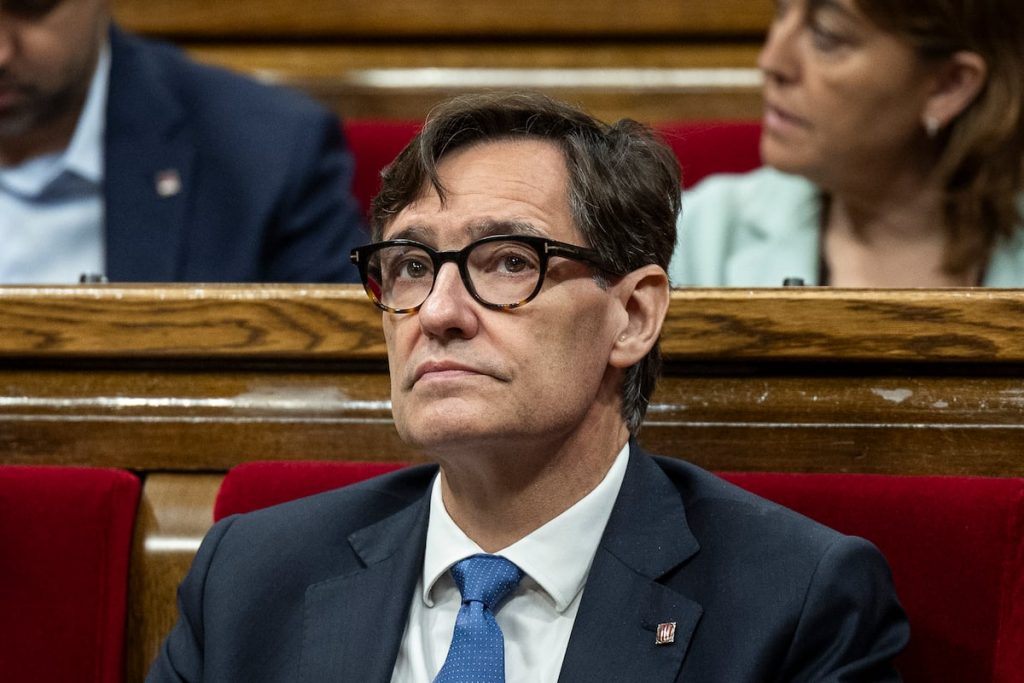Despite the myriad of doomsayers, the pardons did not break Spain. The amnesty did not either. The far-right has come to power in many countries, but Vox did not manage to govern with the PP after the 23rd of June. Junts and the unidentified political figure that is Puigdemont could have derailed Pedro Sánchez’s investiture, but none of that happened. The ultra-right wave was on the verge of causing a tsunami in the European elections, but it was not as dramatic; in France, neither. This penchant for armageddon had a new bullet ready to be fired: the bases of ERC caused some unease in the PSC and PSOE because they could have thwarted the agreement to invest Salvador Illa, but that bullet was dodged once again because the apocalypse almost always disappoints its prophets.
No, there will be no apocalypse. The statement “let him who can do it” has unleashed noise and fury in national politics – and in the judiciary – but it seems that the author of that phrase, José María Aznar, will have a long term ahead of him in this legislature. In a previous life, Aznar was almost confederal himself, and Spain did not break then. It doesn’t seem like it will break now, despite the right practicing liberalism as if it were a mix of judo and karate. Despite a short-term focused president who often shies away from explanations. And despite Spain being unable to solve the territorial model puzzle: that is the great political challenge of this country.
A change of cycle is looming in Catalonia, with the first non-independentist president in a long time. Salvador Illa, with those thick-rimmed glasses that look like a mask and a steel jaw that allowed him to tackle Covid as Health Minister and tame independence as leader of the PSC, will be the new president (provided no stray bullet reaches him). This marks the end of the block politics that have paralyzed Catalonia for a decade; it is the end of unilateralism. And at the same time, the most difficult part for Illa begins, as he must get the government and policies right after years of ideological overload and poor or non-existent management.
President Sánchez, prone to short-term maneuvering and results orientation, has half a dozen socialist barons in open conflict over the agreement with ERC, but once again he survives the crossfire and continues to live in the metaphor of those who can jump out of a window and land on their feet. Illa, on the other hand, must ensure that sensibility matches with passion after a very crazy decade; Sánchez must tell us if he really has a plan, a model of the state that goes beyond measures (such as the amnesty, the Catalan concert) designed to secure investitures. And prove that the reconciliation of Catalonia will not come at the expense of dividing Spain. “The most suspicious thing about solutions is that they are always found when you want to find them,” wrote Sánchez Ferlosio. In Madrid, and in Barcelona, it’s time to find solutions. Let’s listen to Ferlosio.
What affects us the most is what happens closest to us. To not miss anything, subscribe.KEEP READING


